From Junior to Senior Data Scientist: 5 Traits That Accelerated My Career Growth
Fast track your way to a promotion
Forget it, it won’t happen!
Roughly 2 years into my analytics career (too late if you ask me) I realized I was the only one to blame for not being able to land a promotion.
My “plan” was simple: Become better and faster at my job by spending more time developing my Python skills and fine tuning ML models.
How naive!
The problem is that putting so much emphasis on my technical skills while letting my soft skills just develop on their own was short-sighted.
I learned (the hard way) that by essentially doing the opposite you can fast track your way to a promotion.
This approach got me two substantial salary promotions and one level promotion in less than two years and led me to receive praise from my peers and stakeholders during my yearly reviews.
But I’m not just going to list a bunch of soft skills you should learn—that would be boring and pointless.
Instead, I will share 5 of the best practical tips I’ve gathered after 7 years of experience in this field, to help you become a highly effective Data Scientist.
And, of course, get that promotion you desire!
1 —Assume no one has time to read through your analysis
The analysis is only half of the work, communicating it effectively is the other half.
Early on in my career, I made the mistake of expecting my stakeholders to thoroughly review my analysis. Sometimes I wouldn’t hear back for days after submitting my work, and usually, they would get back to me with very generic questions that I thought I had already answered in my analysis.
There were two reasons for this:
The content was too technical
They didn’t have the time to read it thoroughly
I learned that it was my job to bridge this gap between the technical details and the stakeholders’ need for clarity and brevity.
💡 Try this
So I started putting together two versions of my analysis. One that provided a deep dive into the findings and another that provided a high-level summary.You can share and present the high-level summary, and in it, include a link to the full version for those interested.
Every single time I have done this, it has been well-received and praised. And I went from asking myself “Why is no one mentioning my findings?” to seeing my insights mentioned at every meeting.
2—Keep an open line of communication with your stakeholders
Update your stakeholders regularly on your progress, even if you haven’t finished your work yet
In my attempts to work alone and uninterrupted, I made the mistake of isolating myself until my work was done, or until I felt I had made any progress worth sharing.
This only led to my stakeholders wondering if I was even doing my work and constantly reaching out with questions.
💡 Try this
Schedule weekly check-ins until the deadline. You can always cancel them if there isn’t much to talk about and replace them with an email or Slack message if necessary.But having those regular check-ins already scheduled will bring your stakeholders peace of mind and they will be incredibly thankful.
This enables you to build trust, which more often than not, results in keeping your stakeholders from getting too involved in your work. This means more focus time for you.
3—Stay one step ahead of your stakeholders
Become an expert in your domain by staying up to date with key metrics.
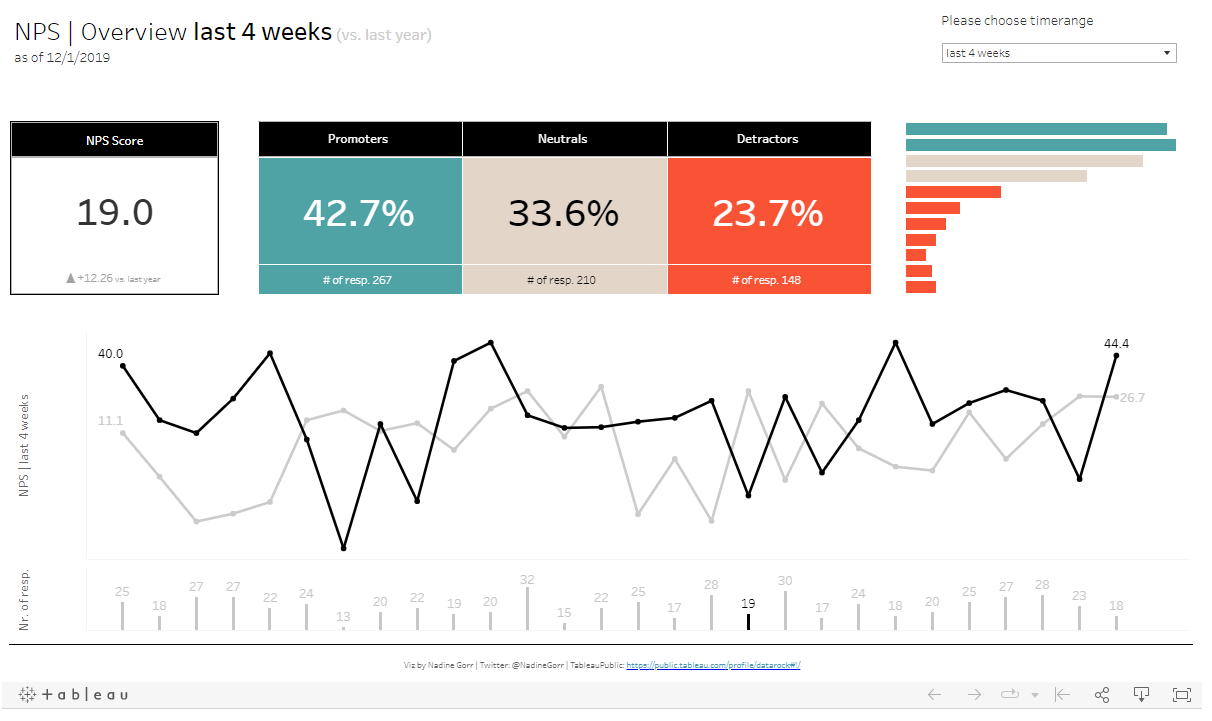
The moment I made it a habit to stay on top of metrics, I was able to notice issues with our data before anyone else. That meant I could report the issue to developers or the data engineering team, and make an announcement to stakeholders before they find out on their own and desperately reached out looking for answers.
Also, when going into meetings, if someone ever brought up a sudden decline in a metric and then turned to me for answers, I was ready to provide an explanation or inform them that I was already investigating.
By being proactive, I gained a lot more trust and respect from my peers.
💡 Try this
Block your calendar every morning for about 15-20 minutes to review key metrics. Look for inconsistencies, trends, or any subtleties worth sharing or investigating.Better yet, build an “overview dashboard” for yourself so that you can get a quick overview of what is happening in your domain or the company.
4— Ensure insights lead to actions
If it's not actionable then it's probably not worth sharing or even doing.
I used to allow my stakeholders to just send me Slack messages asking for support. I treated every task as an opportunity to do exploratory data analysis until I realized that I could use my time and resources more effectively, and make my work more impactful.
Although there’s nothing wrong with doing EDA, if it’s not tied to a broader goal or doesn’t lead to actionable insight, you’re probably better off doing something else.
That’s why most analysis at work should start with a business goal, not just curiosity.
💡 Try this
The best thing I could have done was to create an “analysis request template” that gets filled by either me or the stakeholder before moving forward with an analysis.Dealing with the friction from the stakeholders in the beginning wasn't easy, but it paid off greatly. You don’t want to become a mountain they need to climb to get new insights, but a little more work ahead is better in the long run.
I saved myself so much unnecessary work by ensuring almost every analysis request had clear requirements. It also made my work more impactful which got me a lot of praise during meetings and led to salary raises and title promotions.
5—Always give yourself a margin of error
Don’t rush! Always give yourself extra time to validate your work
Early in my career, I once shared the results of a last-minute analysis a bit too soon. One of my stakeholders took it and planned to present the findings in a monthly pulse meeting.
While she was in the meeting, I kept looking through my work since I had this strange feeling something was off. I realized I hadn’t normalized the data and therefore my final calculations were wrong.
Although I didn’t want to do it, I messaged my stakeholder letting her know I had found an error in my calculations and that I was trying to fix it. She ended up not presenting my numbers, which of course made us all look bad during the meeting.
💡 Try this
If you ever finish earlier than expected, avoid the temptation of sharing your results immediately and either check your work again in a few hours or sleep on it.Making sure that the work you are presenting is correct is much more important than delivering something fast and potentially leading your stakeholders to choose the wrong business strategy and cause the company to lose money.
The quality of your work is everything. Data Science is not a field where you can get away with producing a lot at the expense of quality.
Thank you for reading! I hope you found these tips valuable.
See you next week!
- Andres
Before you go, please hit the like ❤️ button at the bottom of this email to help support me. It truly makes a difference!




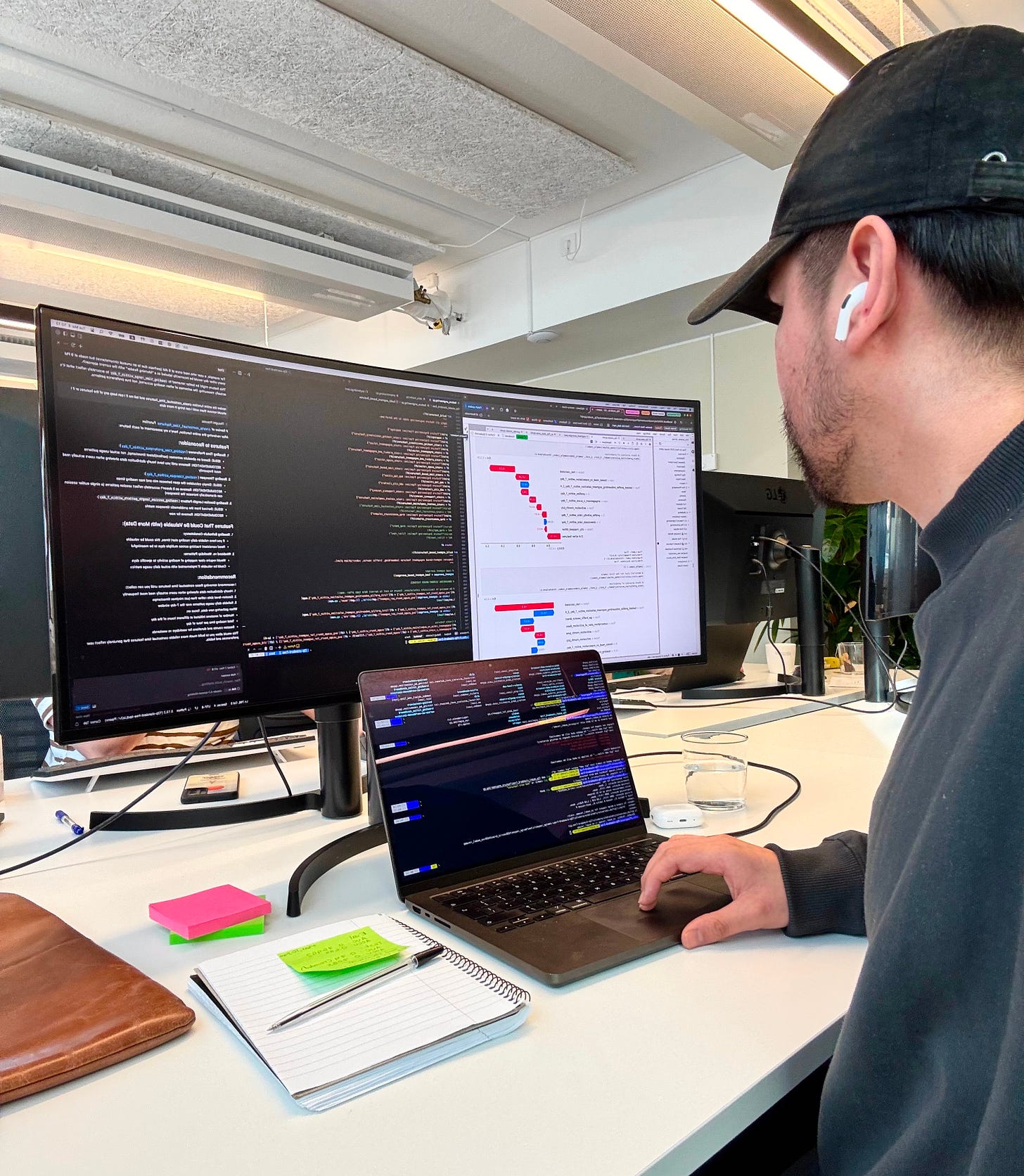
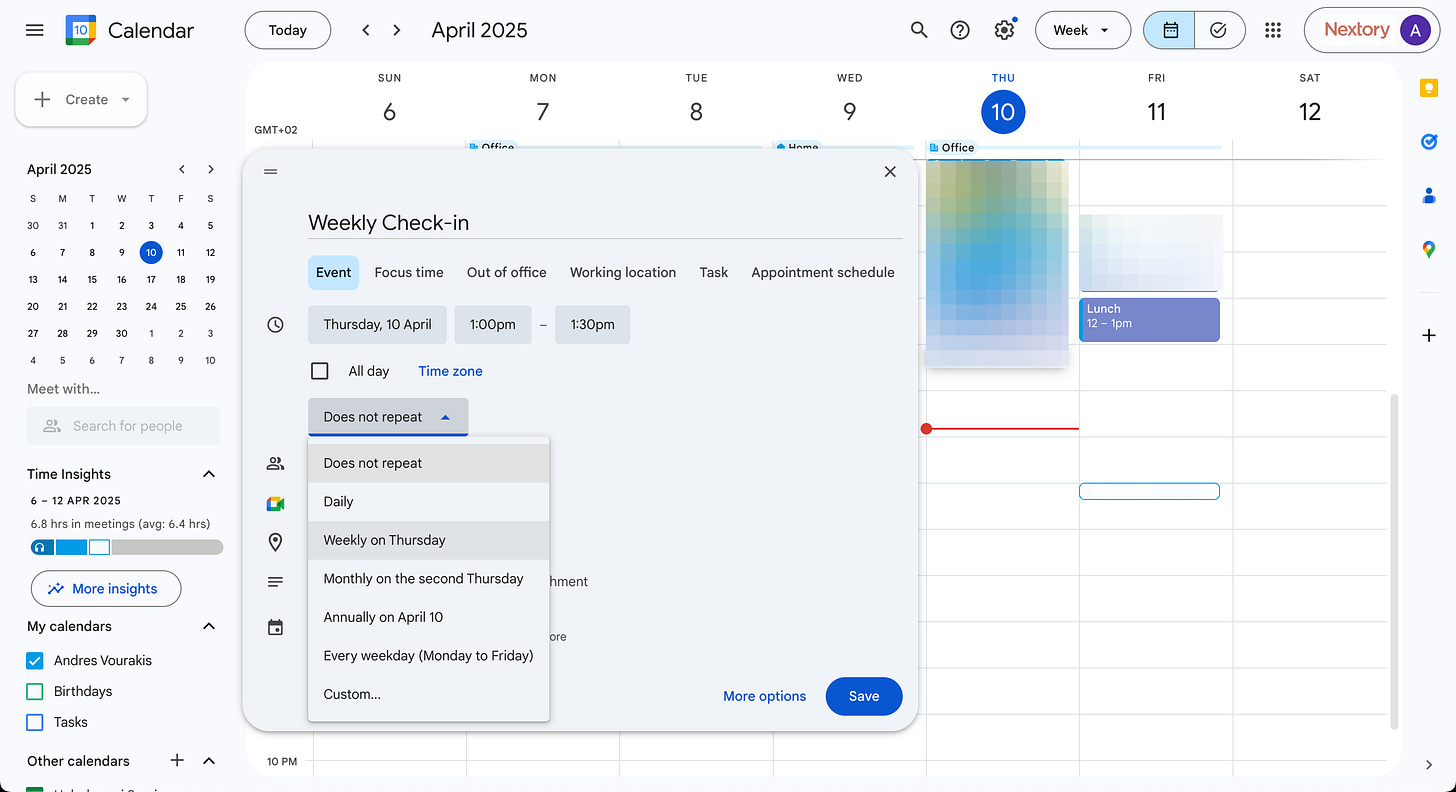
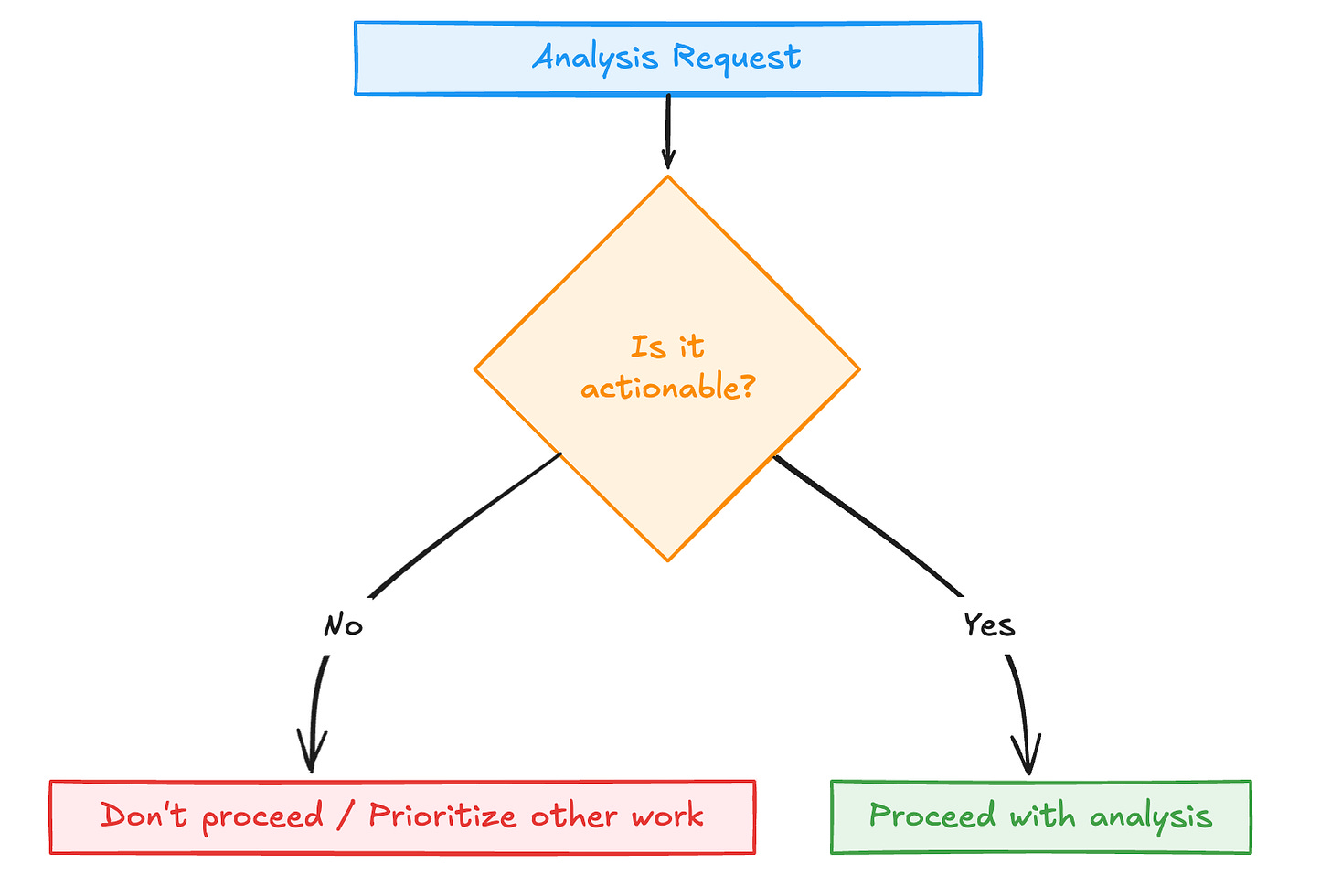
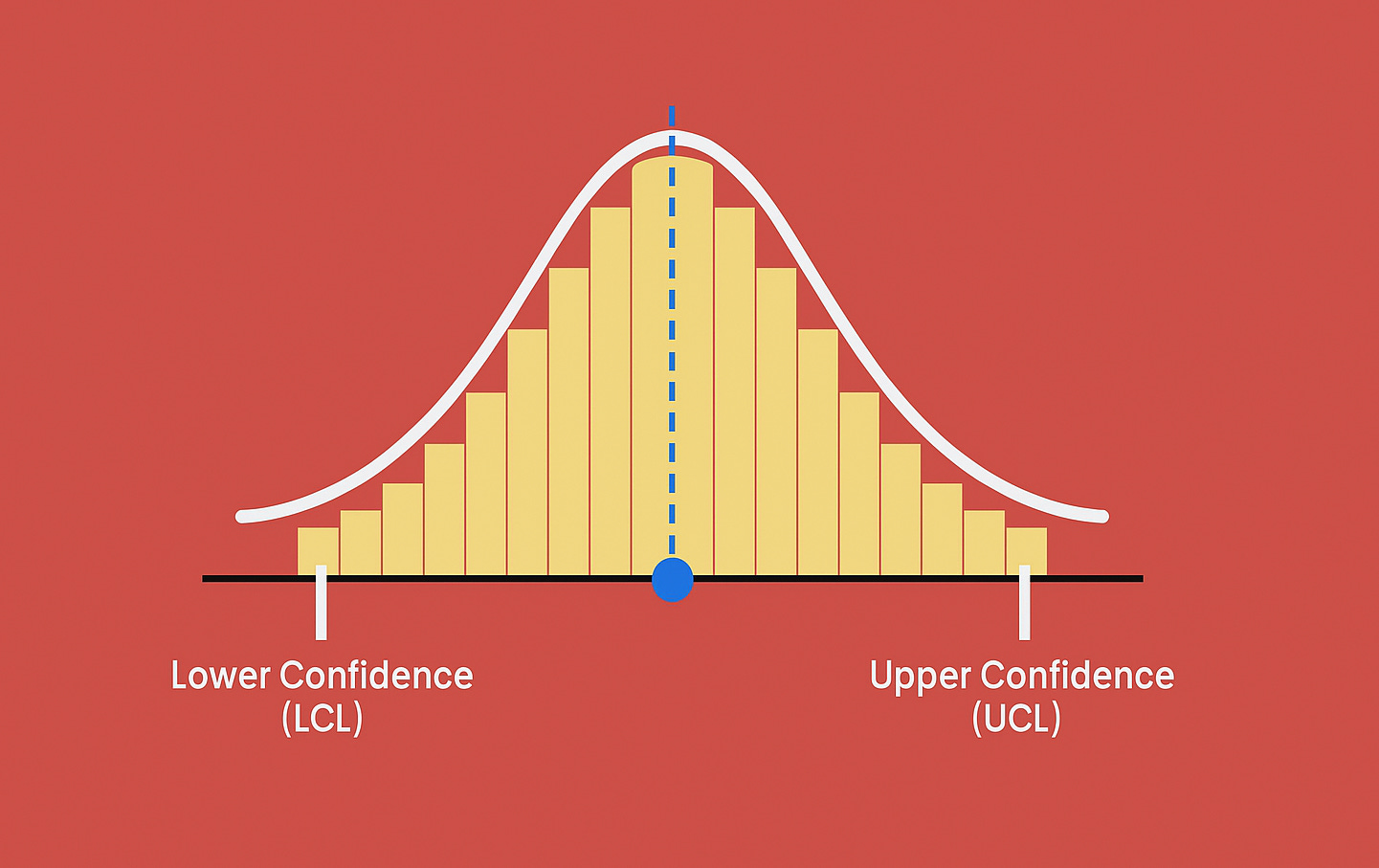
Great advice! Number one especially. One of the anti patterns we pick up from school is when it comes to writing, longer = better. Absolutely not!
Such a nice read !!!!! Thank you so much for this